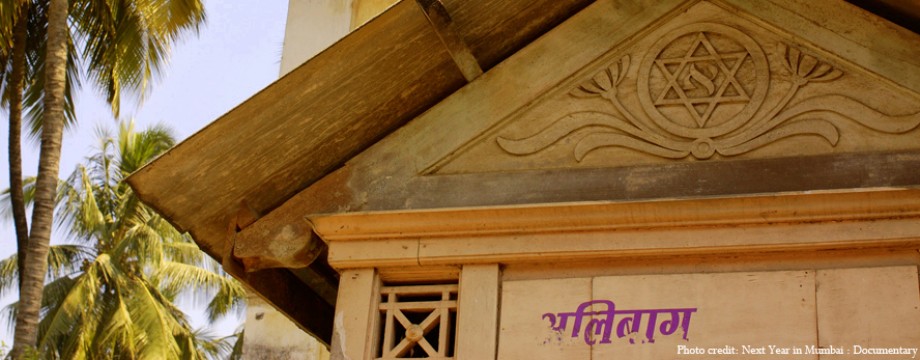
Even though the Bene Israel community of western India, the Baghdadi Jews of Bombay and Calcutta, and the Cochin Jews of the Malabar Coast make up a small percentage of the Indian population, their long-term stay in a different society has always piqued people’s interest. Although India may be the only country in the world where Jews have never faced anti-Semitism, they have had to fight to keep their identity in the previous century as they faced two conflicting nationalisms: Indian nationalism and Zionism. Joan Roland discusses how identities formed under the Indian caste system evolved during British colonial control, and how the war for Indian independence and the establishment of a Jewish state presented even more challenges. She also talks about the experiences of European Jewish immigrants who arrived in India after 1933 and stayed till the end of WWII. Roland uses a variety of sources, including Indian Jewish magazines, official and private archives, and extensive interviews, to describe what it was like to be a Jew in India. This work will be of interest to historians, Judaic studies specialists, Indian region academics, postcolonialists, and sociologists. The position of the remaining Jews in India, as well as the condition of Indian Jews in Israel at the end of the twentieth century, is discussed in a new concluding chapter.
